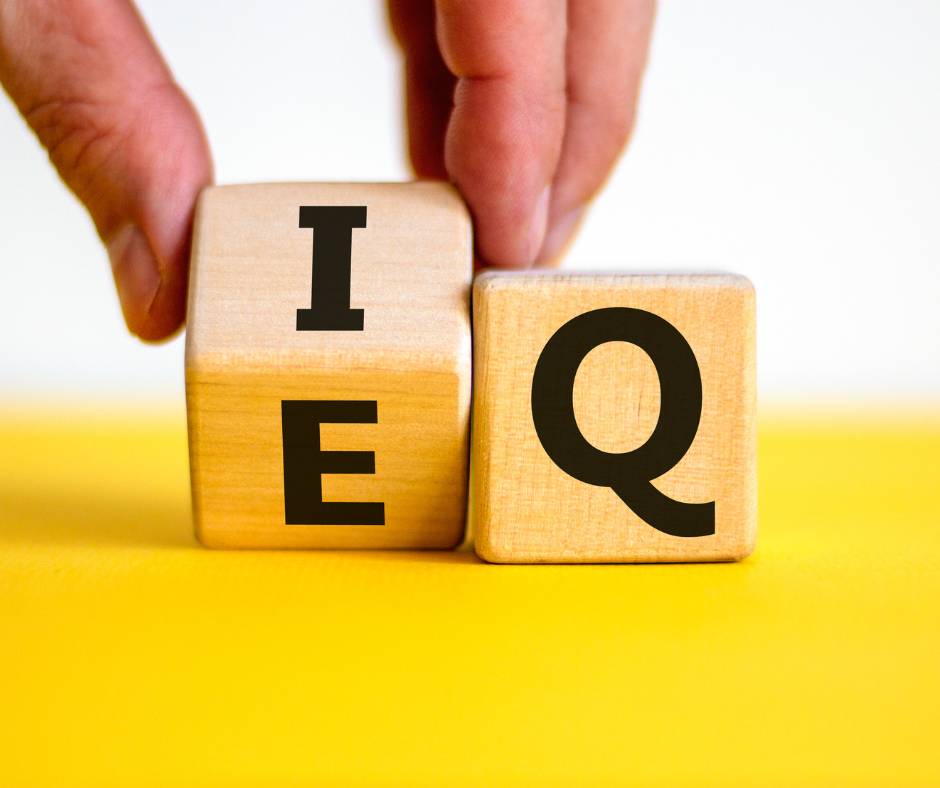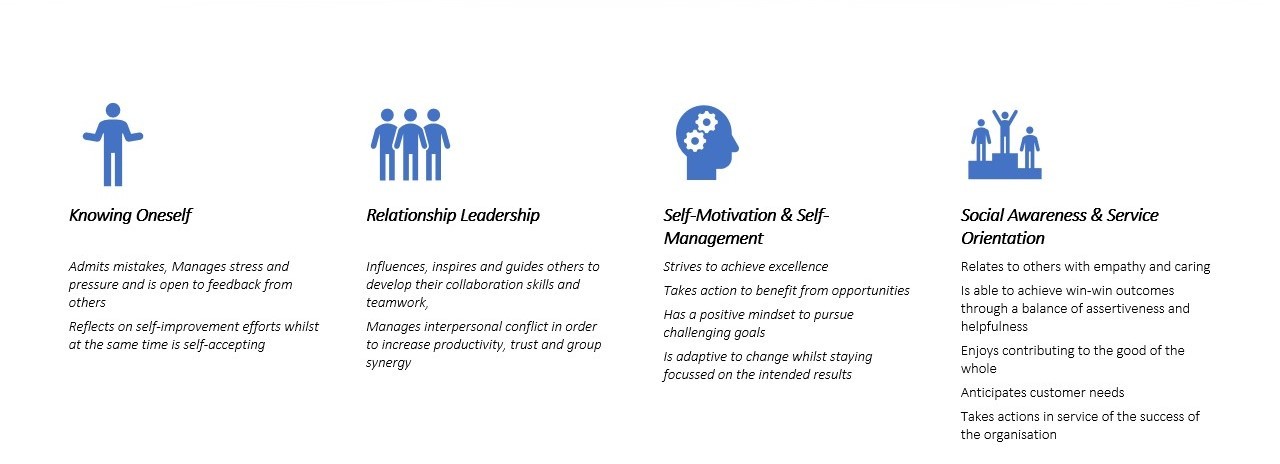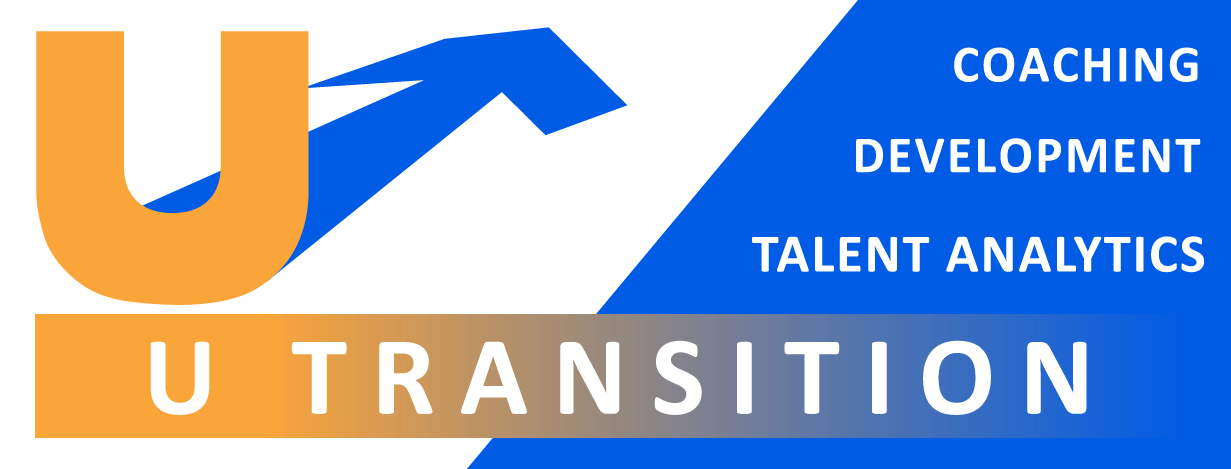
 What is Emotional Intelligence?
What is Emotional Intelligence?
The phrase Emotional Intelligence (EI) is believed to be first used in 1990 by researchers Drs John Mayer and Peter Salovey. They defined EI as “the ability to monitor one’s own and others’ feelings and emotions, to discriminate among them and use this information to guide one’s thinking and actions” (Salovey & Mayer, 1990) they went on to assert that all individuals possess the ability to leverage their own emotions to enhance thinking, judgment, and behaviour.
Emotional Intelligence was further researched by Daniel Goleman, an American psychologist. Goleman developed a framework of five elements that define emotional intelligence, (also known as EQ Emotional Quotient) and this eventually led to his book “Emotional Intelligence – Why It Can Matter More Than IQ” being published in 1995.
In his book, Goleman promoted the concept that Emotional Intelligence was more important than natural intelligence (IQ) in determining success in life and Goleman argued that it was not cognitive intelligence that guaranteed business success but actually emotional intelligence estimating that up to 80% of success is down to EI – your emotional competence – leaving just 20% attributable to IQ or knowledge and skills.
What happens when there is low emotional intelligence?
Low or undeveloped emotional intelligence shows up consistently in what we do and what we say, in other words, our behaviours and can cause big problems in business.
Personally, it can cause us to feel like we are controlled by a wide range of negative emotions, including anger, worry, shame, disappointment, fear and guilt. This can lead to negative perceptions like feeling feel weak, under-appreciated or powerless and feelings of overwhelm.
When we are controlled by the power of our emotions we can become unable to keep them in check, which results in behavioural issues such as uncontrolled outbursts and rash split-second reactions and poor decision making. We can also start to question our own abilities and lose confidence and self esteem.
As we continue with uncontrolled outbursts and unpredictable behaviour we lose trust from the team and our relationships suffer.
Low emotional intelligence usually goes hand in hand with poor communication and leads to misunderstandings as people with low EI have difficulty expressing themselves. They are often closed off and too self-centred to understand others, appreciate suggestions and ask for or accept feedback.
Poor behaviour will impact leader credibility with the team and the wider business and maybe even customers.
The saying “people don’t leave businesses they leave bosses” also plays out as employees will leave because of their negative perceptions of their leader which in turn leads to higher spends on recruitment and training replacing them.
All of the above factors results in overall poor individual and team poor performance.
Some behaviours you might see when there is low EI
I bet you have all experienced some or all of these things at times in a colleague, a friend or a boss….and even in yourself…..
- an inability to understand, appropriately name and control emotions
- emotional outbursts, usually well out of proportion to the situation
- acting rashly
- storming off or sulking
- difficulty listening to others and refusing to see other’s points of view
- becoming argumentative and defensive
- finger pointing and blaming others
- playing the victim
- believing that others are overly sensitive because we can’t understand how others feel
- difficulty maintaining friendships and other relationships with others
- inability to manage stress well inflexibility, “it’s my way or the highway” uses passive or aggressive language and behaviours
Consider now, someone you have either worked with or worked for who consistently demonstrated some or all of these behaviours list above.
- What was the impact on you?
- What did it do to your relationship and levels of trust?
- What did it do to your motivation to deliver results for this person?
- What was your own emotional reaction to the behaviour?
- What did you do as a result?
Why is Emotional Intelligence important in Leadership?
Emotional intelligence puts forward the idea that cognition and emotion are interrelated, not separate things, as had been believed for centuries.
It therefore follows that our emotions directly impact and influence our key cognitive behaviours in leading ourselves and a team successfully. Those bits of us that are on display and out there to be seen and experienced by our teams, clients and peers.
- judgements
- assumptions
- thought processes
- decision making
- relationship building
- communication
If we have mastery of our emotions then our cognitive processes will be better controlled, more objectively applied and we will be better able to choose our behaviours not be held at ransom by them.
Characteristics of high emotional intelligence
Goleman describes emotionally intelligent people as having four characteristics:
- They were good at understanding their own emotions (self-awareness)
- They were good at managing their emotions (self-management)
- They were empathetic to the emotional drives of other people (social awareness)
- They were good at handling other people’s emotions (social skills / relationship management)
When you have high emotional intelligence, you are aware of your own emotions, thought processes and needs. You can name the emotions appropriately and are aware of their triggers. You also are aware of the impact that your emotions, thought processes and actions have on others. Equally you are aware of the emotions and needs of people around you. As a result, you’re better equipped to recognise the triggers and manage your emotions, social situations and relationships effectively.
Our emotional intelligence affects the quality of our wholes lives because it influences both our behaviour and relationships. Developing EI will not only positively impact your work life and experiences but your personal life too. The whole you. It can profoundly affect our choices by allowing us to create options we may not have otherwise imagined or considered to be possibilities enabling us to live and work with more intention, purpose, and autonomy.
So can you improve your EQ? Can it be learnt?
In short YES.!
Goleman believes that emotional competencies are not innate talents, but rather learned capabilities that can be improved and worked upon and is the foundation for dealing with impulses, with stress, and actually responding and reacting in a way that you would want.
So, if you have to want to get better at it, where do you start?
Assessment :
One way you can start is to measure your levels of Emotional Intelligence is by using an assessment. I use Harrison Assessments who have simplified Goleman’s 5 elements and produced 4 behavioural competencies which enable direct objective measurement of Emotional Intelligence with a detailed insight into the four areas of emotional intelligences including:

If you would like to see how you stack up by completing your own assessment Book a Strategy call now – The summary overview of this report is currently FREE.
360 Feedback:
In a 360-degree feedback assessment, you solicit feedback from your line manager, colleagues, and peers, while also undergoing an individual self-assessment. Through the process, you can gain valuable insights into what your co-workers perceive as your strengths and weaknesses, as well as uncover any blind spots you might have and compare them to your own view of yourself..
Noticing :
Notice what is going on for you when you are experiencing a strong emotion. What was the trigger? What emotion(s) did you feel? How did you react? What else was going on?
Reflection and building self awareness enables you to pause and choose differently, to prepare for the triggers and avoid them and learn the tactics to deal with the in the moment.
Upskill:
Once you have the information about your strengths and development gaps and what you want to develop, then you can think about how to. This could be training, coaching, mentoring, counselling the list is endless in terms of developing the areas which will help you most.
Just for fun watch the movie “Inside Out”
We are human and emotions are a natural part of our makeup. I love the movie Inside Out by Pixar which really portrays how emotions are there for a reason, serve us well when handled correctly and is an excellent introduction to learning how to self manage.
